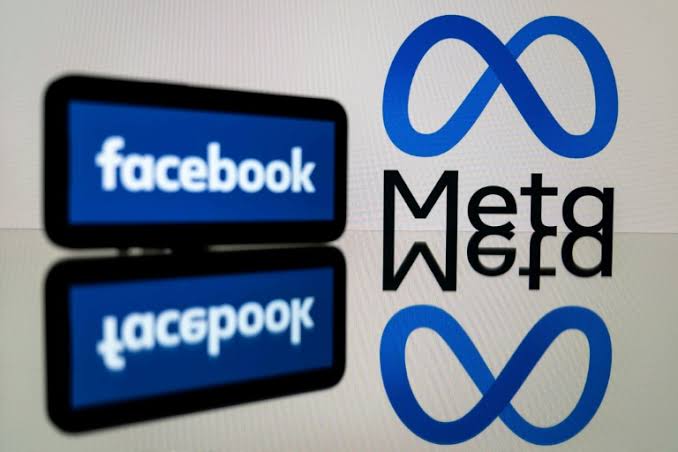Meta, the renowned parent company of tech giants Facebook and Instagram, is embarking on a monumental journey into the world of artificial intelligence (AI).
This strategic move aims to position Meta as a formidable player in the rapidly evolving AI industry. According to sources familiar with the matter, CEO Mark Zuckerberg has laid out a vision that includes developing an AI system capable of rivalling the impressive capabilities of OpenAI’s ChatGPT. In this comprehensive report, we delve into the details of Meta’s ambitious venture.
Mark Zuckerberg’s strategic blueprint for Meta in the AI sector is nothing short of visionary. His aim is to establish Meta as a dominant force in this burgeoning field. The Wall Street Journal reported this groundbreaking development on a Monday that left the tech industry abuzz.
Read also: Apple explores Artificial Intelligence, Introduces Ajax and “Apple GPT”
The Forthcoming AI Model
Meta’s upcoming AI model is poised to surpass its recent release, Llama 2, in terms of robustness and sophistication. This cutting-edge system is not just an internal tool; it’s designed to empower other companies in their pursuit of advanced text and analysis tools. Spearheaded by a dedicated team initiated by Zuckerberg earlier this year, the project focuses on creating generative AI instruments capable of crafting human-like expressions.
While the project is still in its infancy, it has garnered significant attention. Training for this revolutionary AI model is scheduled to commence in early 2024. It’s a clear signal of Zuckerberg’s determination to regain ground lost to rivals in the AI arena.
Resource Allocation
Meta is sparing no expense in realizing this vision. The company plans to invest substantially in the project, including the construction of state-of-the-art data centers and the acquisition of H100s, Nvidia’s most advanced chips designed specifically for AI training. Interestingly, despite its collaboration with Microsoft for Llama 2, Meta intends to utilize its own infrastructure for this venture, diverging from Microsoft’s Azure platform.
Zuckerberg is resolute in his intention to make the forthcoming AI offering open-source, thereby making it freely accessible for companies to develop AI-driven tools. This open-source approach, while commendable, raises concerns among legal experts and Meta’s own legal team. They highlight potential pitfalls, such as augmented risks associated with copyright infringements and the potential misuse of the technology for disinformation campaigns.
Past Controversies
It’s worth noting that Meta has faced criticism in the past regarding the open-source nature of its Llama 2 model. This history underscores the significance of their commitment to transparency and open-source principles.
Zuckerberg’s Summit Appearance Mark Zuckerberg is poised to join other tech magnates at a summit convened by Senate Majority Leader Chuck Schumer to deliberate on the future of AI. While Meta’s new AI model is anticipated to be on par with OpenAI’s GPT-4 in terms of capabilities, there is lingering uncertainty about whether it can close the existing gap with its competitors. However, the industry recognizes the inherent benefits of open-source models, lauded for their cost-effectiveness and adaptability. Zuckerberg continues to champion a collaborative approach to AI development in the rapidly evolving technological landscape.
Meta’s bold foray into the AI sector represents a significant shift in the tech industry’s landscape. With ambitious goals and substantial resources at its disposal, Meta is poised to make a lasting impact in the world of artificial intelligence, and the industry is watching closely as this groundbreaking project unfolds.
